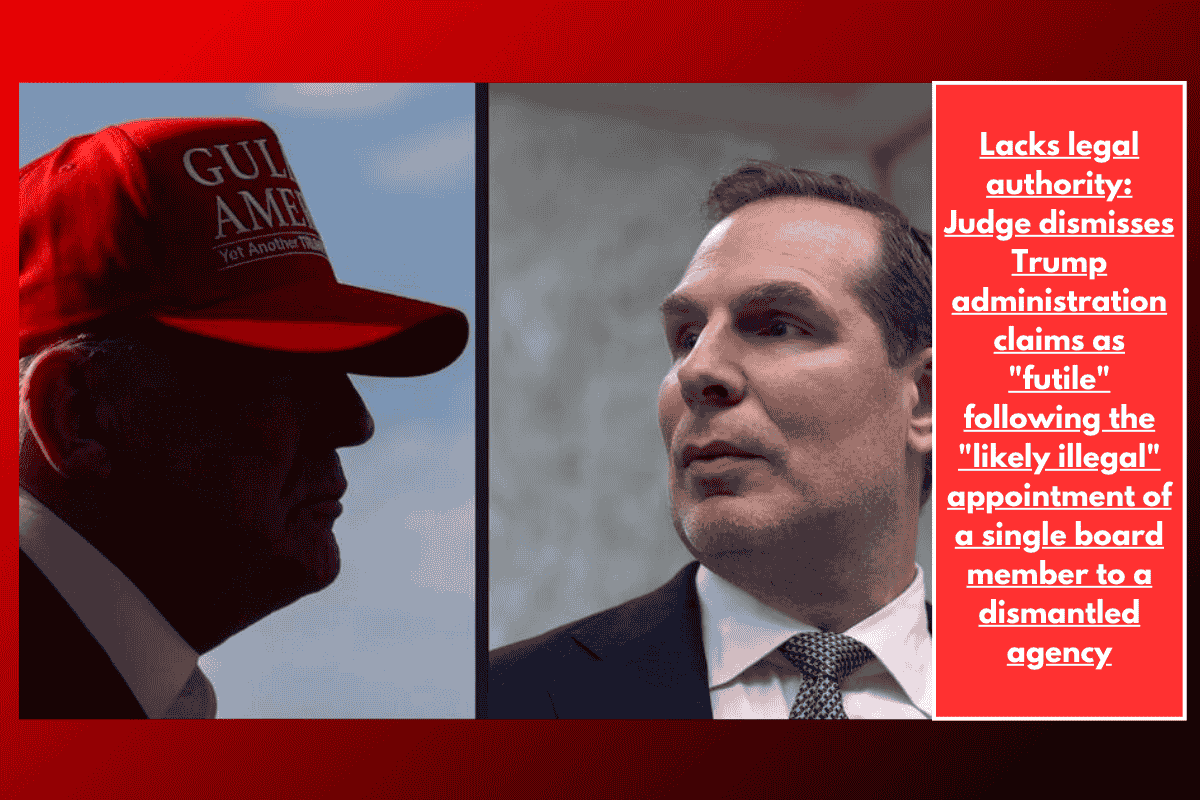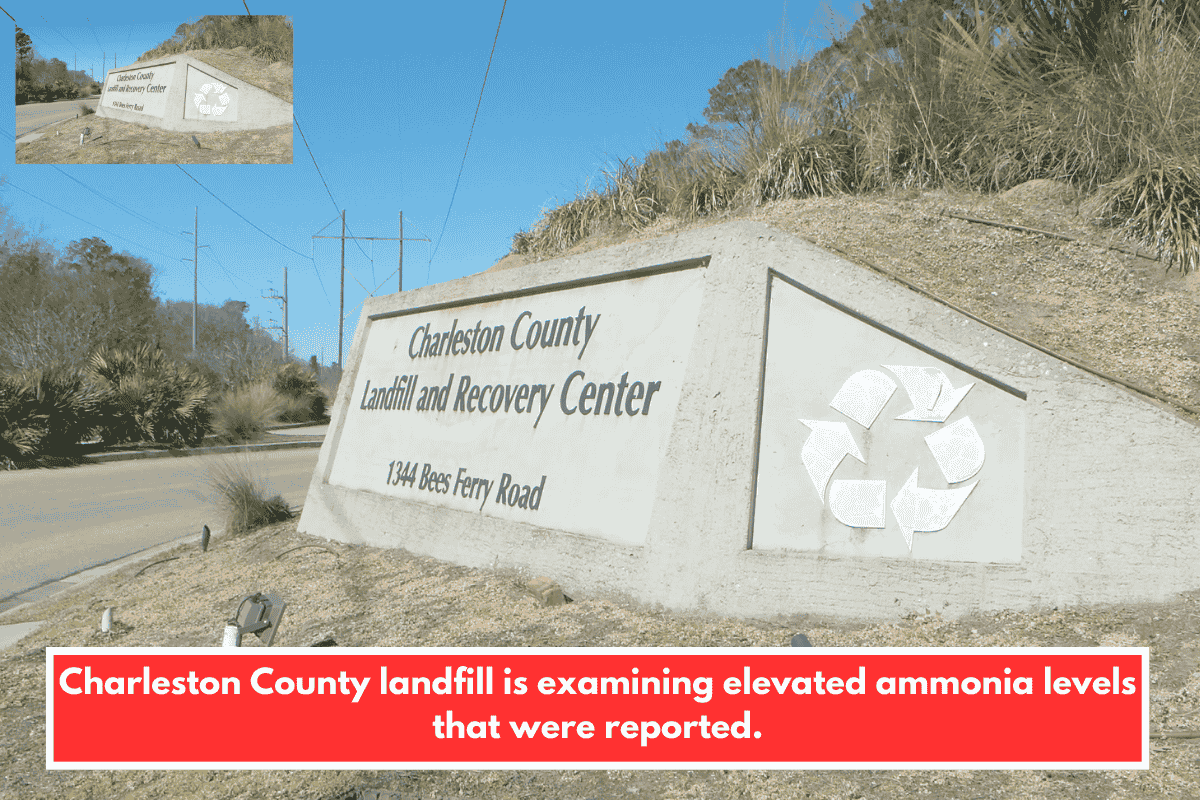A federal judge in Washington, D.C. ruled on Tuesday that the appointment of Pete Marocco as the acting head of the U.S. African Development Foundation (USADF) by President Donald Trump was likely illegal. The ruling came after a lawsuit was filed by Rural Development Innovations Limited (RDI), a Zambian consulting firm that works with the USADF, and two USADF employees.
The Case Against Marocco’s Appointment
Senior U.S. District Judge Richard Leon, a George W. Bush appointee, agreed with the plaintiffs that Marocco’s appointment lacked the legal authority necessary to serve in the role. Marocco was not confirmed by the U.S. Senate, and the judge pointed out that the Constitution likely does not give the President the power to appoint Marocco as an acting board member of the USADF without Senate confirmation.
The case revolves around Trump’s executive order issued on February 21, which labeled the USADF as “unnecessary” and directed it to be reduced to its minimum statutory functions. Following this, the agency’s Senate-confirmed board members and its president were fired, with Marocco stepping in as acting chair of the board, where he then appointed himself as president. The complaint alleges that Marocco moved swiftly to terminate the agency’s grants and contracts and reduce the agency’s staff, effectively crippling its ability to function.
Judge Leon’s Ruling
Judge Leon noted that the Trump administration’s argument that the President had the inherent authority to appoint Marocco without Senate confirmation was “futile.” He referenced a previous ruling by conservative judges on the U.S. Court of Appeals for the District of Columbia Circuit, who had cast doubt on the legitimacy of this argument. Judges Gregory Katsas and Neomi Rao, both appointed by Trump, had raised questions about the President’s authority in such matters, and Leon echoed their concerns.
Leon ultimately concluded that the President likely did not have the authority to appoint Marocco as an acting board member without Senate confirmation, emphasizing that the plaintiffs had a strong likelihood of success in proving the illegality of Marocco’s appointment.
Impact on RDI and the Preliminary Injunction
In his ruling, Judge Leon also acknowledged that RDI, which provides technical support to small businesses, including women- and youth-led enterprises, had suffered irreparable harm due to the loss of funding from USADF. Since RDI’s operations are funded entirely by the USADF, it is unable to meet its financial obligations without the foundation’s support.
The judge issued a preliminary injunction in favor of RDI, blocking Marocco and others associated with his directives from continuing to carry out actions that harm the firm’s operations. The injunction is meant to protect RDI’s funding and preserve its ability to function while the legal case progresses.
Ongoing Legal Battle
The ruling is just the beginning of the ongoing legal battle surrounding the USADF and the Trump administration’s efforts to cut its funding and limit its functions. While Marocco’s appointment is under scrutiny, the future of the USADF remains uncertain, as does the impact on organizations like RDI, who rely on the foundation for their financial support.
This ruling marks a significant legal setback for the Trump administration, with a federal judge siding with RDI and questioning the legality of Pete Marocco’s appointment. As the case progresses, it may set important precedents regarding executive power and the appointment of government officials without Senate confirmation.














